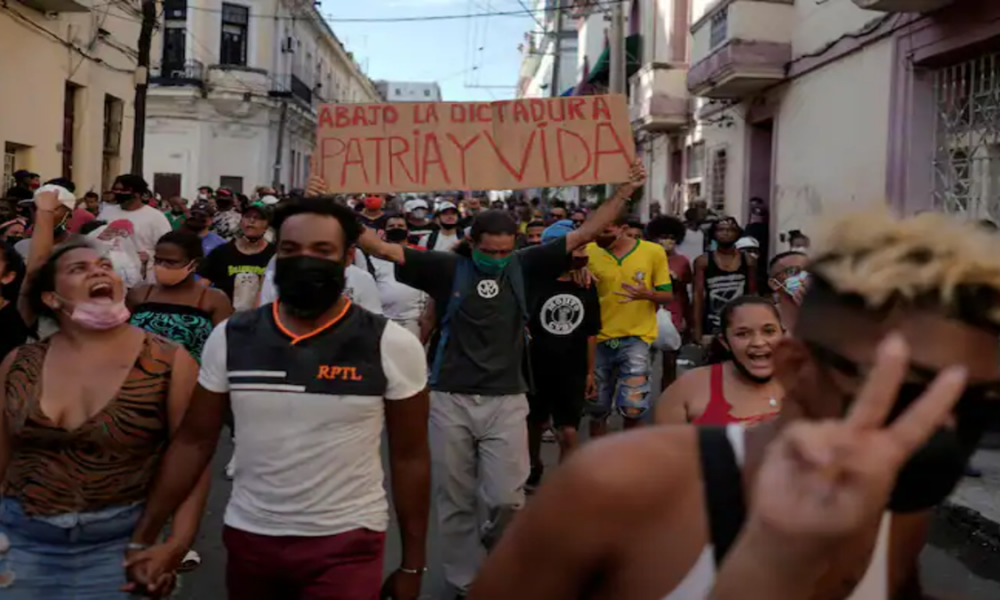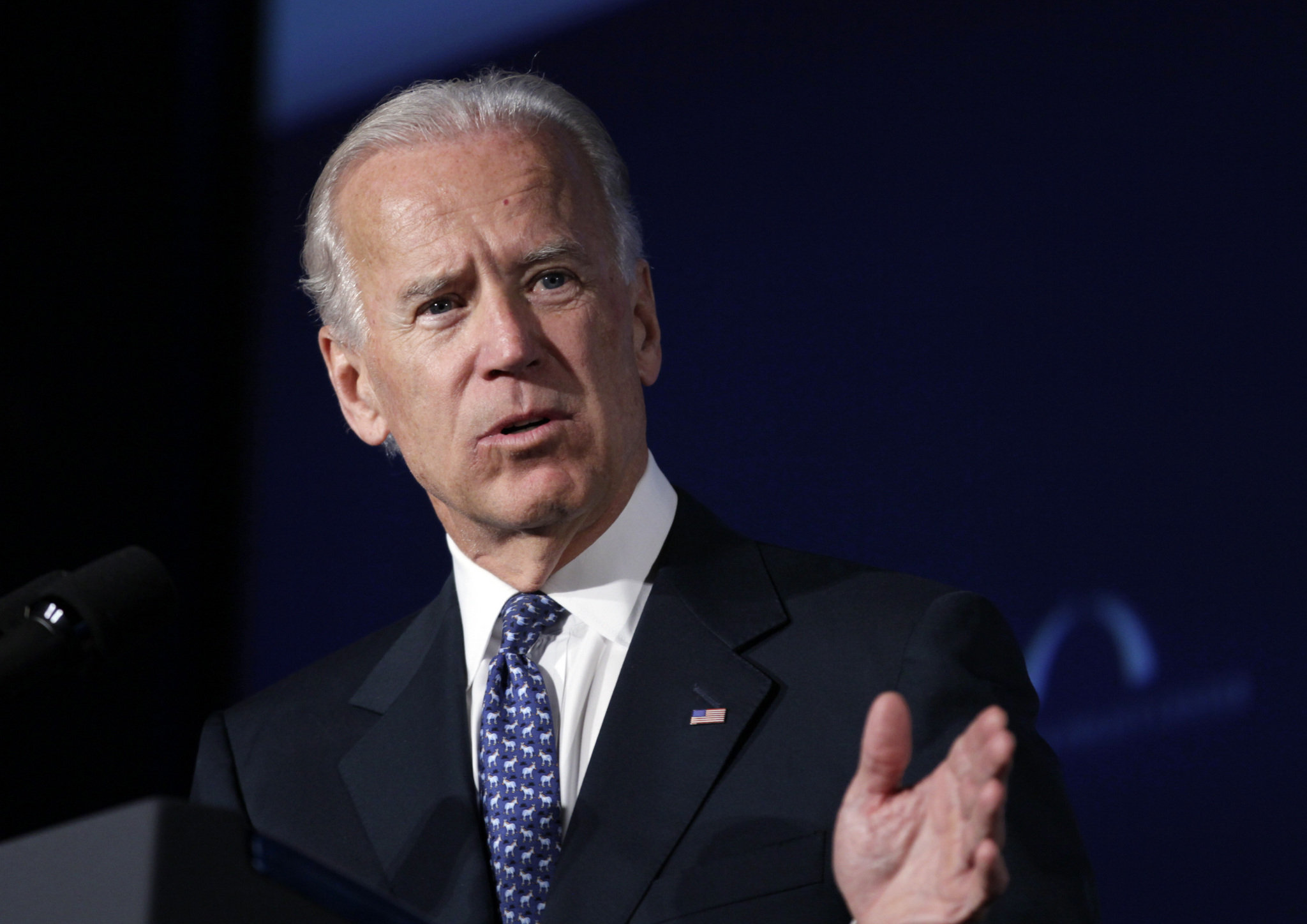Cuban authorities confirmed trials began on Tuesday for those arrested during the July 11 protests. Demonstrators could face up to 20 years in prison.
What We Know:
- Officials may charge those detained for “instigating unrest, committing vandalism, propagating the coronavirus pandemic, or assault.” This follows Cuba’s President Miguel Díaz-Canel, who promised on national television that protesters would receive “due legislative procedure;” when protests began, Díaz-Canel urged police, military, and the revolution’s supporters to control the protests “by any means possible.” This resulted in disappearances, arrests, assaults, and deaths of many demonstrators throughout the following days.
- The people sentenced include Anyelo Troya, who filmed the Cuban section for the “Patria Y Vida” music video. After participating in creating the anthem for Cuba’s freedom, the communist government placed Troya on heightened vigilance. Officials ultimately arrested him for participating in the demonstrations in Havana and sentenced him to one year in prison for instigating unrest.
- However, Cuban authorities did not inform his family or permit him to find a lawyer. His mother, Raisa Gonzalez, told NBC News that when she arrived at the court with her lawyer, he had already been sentenced. Gonzalez also claims his sentencing was part of a collective trial of approximately a dozen people.
- Human Rights Watch (HRW) and Amnesty International denounced this trial for proceeding without defense or due process. Furthermore, rights activists believe this will begin a wave of summary trials for those detained between July 11 and 12. Also, Javier Larrondo, a representative for Cuban Prisoners Defenders, said the regime will most likely lock up the island’s “most charismatic and effective opposition leaders,” such as young artists, regardless of their attendance at the protests.
- In addition, most of the detained have been kept incommunicado. Alongside this, the location of many vanished citizens is still unknown. To raise awareness on the issue, exiled rights group Cubalex established a spreadsheet in which they update when new reports are released. Currently, more than 500 people are unaccounted for. Cubalex reported that the tally could be higher, but some families may fear punishment for reporting the arrests.
Despite proof of Cuba’s mistreatment of protesters, the island’s interior ministry officials denied that anyone was missing. They included that organizations manipulated the list of detainees and included people who they never arrested.



